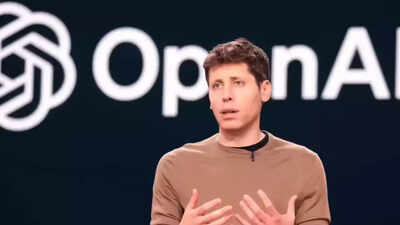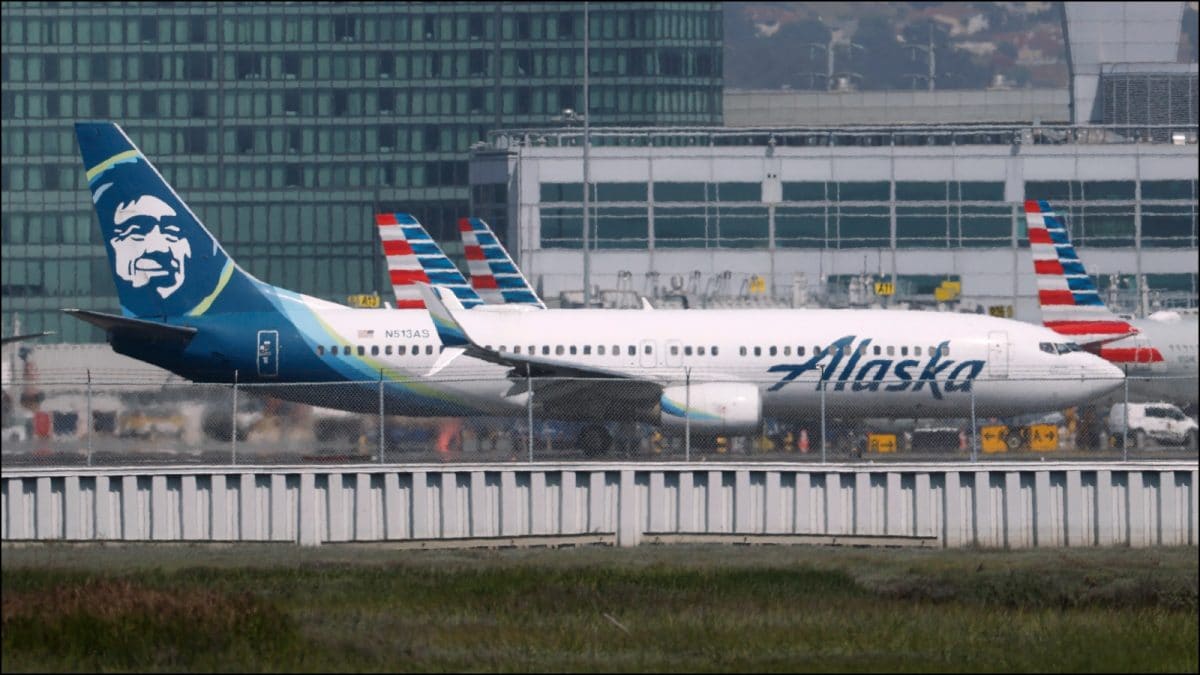ARTICLE AD BOX

OpenAI CEO Sam Altman doesn’t believe his son will go to college for higher education. In a strong and informed opinion about the future of learning, Altman suggested that traditional education, as it’s known today, will likely cease to exist in the face of the rapidly advancing age of AI.
Speaking with comedian Theo Von on This Past Weekend podcast, Altman expressed his personal uncertainty about whether his own child would pursue a college education, emphasising the profound changes AI will bring to both the education system and the employment landscape. Reflecting on the rapid pace of change, he said, “The last few months have felt very fast. It feels faster and faster, but the last few months have felt very fast.
” This speaks to the accelerating speed at which AI is reshaping industries, including education.Here's the YouTube link to the podcast:
Sam Altman | This Past Weekend w/ Theo Von #599
Altman predicts future for higher education
When asked whether he anticipated his son attending university, Altman's response was apparent: "Probably not." This distinct assessment comes from someone who left Stanford University in 2005 to pursue entrepreneurial ventures, ultimately building a technology empire. His prediction reflects a broader conviction that AI's expanding influence will fundamentally diminish the necessity and relevance of traditional academic institutions.
Altman's scepticism is not just founded on personal considerations but to encompass systemic changes in how society approaches knowledge acquisition and skill development. He debates that the conventional university model already struggles to meet contemporary student needs and will become increasingly obsolete as AI capabilities advance.
18 years from now, the world might be unrecognisable
According to Altman, AI integration into daily life will fundamentally modify learning methodologies and how students acquire knowledge.
"In that world, education is going to feel very different," he said, projecting that by the time his child reaches university age, approximately 18 years from now, educational systems will bear little resemblance to current models.This transformation stems from AI's capacity to process and recall information far beyond human capabilities. Altman contends that students born today will be residents of a world where artificial intelligence consistently outperforms human cognitive abilities, particularly in information processing and retention.
In such an environment, he observes, traditional educational objectives centred on intellectual competition and knowledge accumulation will lose their fundamental value.“We just don’t know. We think it’s going to be... there are clearly real risks. It kind of feels like you should be able to say something more than that. But in truth, I think all we know right now is that we have discovered, invented, whatever you want to call it, something extraordinary that is going to reshape the course of human history,” Altman noted, reflecting on the profound impact AI will have, not just on education but on society as a whole.
AI will always be smarter than students
A central element of Altman's argument concerns AI's permanent intellectual advantage over human students. "Kids born today will grow up in a world where AI will always be smarter than they are," he stated. With artificial intelligence embedded across products and services, the traditional educational goal of achieving intellectual superiority through academic achievement becomes meaningless.This cognitive disparity suggests that memorising facts, mastering subjects through rote learning, and competing academically will become increasingly irrelevant pursuits.
Instead, Altman implies that educational systems must reimagine their fundamental purposes and methodologies to remain viable in an AI-dominated landscape.
AI will enhance not replace
Despite his predictions about educational transformation, Altman does not advocate for eliminating human learning entirely. He draws parallels between AI adoption and the introduction of calculators, which transformed mathematical education without rendering it obsolete.
"I'm sure the same thing happened with the calculator before, and now this is just a new tool that exists in the tool chain," he explained.This perspective positions artificial intelligence as an enhancement tool that will modify human work and creativity approaches rather than completely replacing human endeavour. Altman suggests that AI will become integrated into educational and professional processes much as calculators became standard mathematical tools, changing methodologies whilst preserving human involvement.
Adoption across generations is worrying
Altman acknowledges significant generational differences in adapting to AI-driven societal changes. He expresses greater concern for older generations than for young people who will mature alongside these technologies. "I actually think the kids will be fine; I'm worried about the parents," he remarked.This observation reflects historical patterns where younger generations demonstrate superior adaptability to technological innovations whilst older individuals face greater adjustment challenges.
Altman's assessment suggests that whilst children will naturally integrate AI into their worldview, adults may struggle with the transition from traditional educational and professional frameworks.
Altman is optimistic that human contributions will never be phased out
Despite acknowledging AI's cognitive advantages, Altman maintains optimism about distinctly human contributions to future society. He believes that creativity, determination, and social skills will remain essential qualities that artificial intelligence cannot replicate.
These characteristics will continue driving progress in ways that transcend technological capabilities.Looking towards long-term societal evolution, Altman suggests that future generations may view our current era as comparatively straightforward. "Looking forward 100 years from now, we may well think the same thing about the future that people in the past thought about us," he noted, indicating that technological adaptation remains a consistent historical pattern.



.png)
.png)
.png)
















 6 hours ago
3
6 hours ago
3








 English (US) ·
English (US) ·